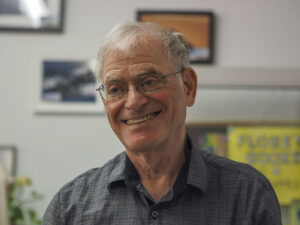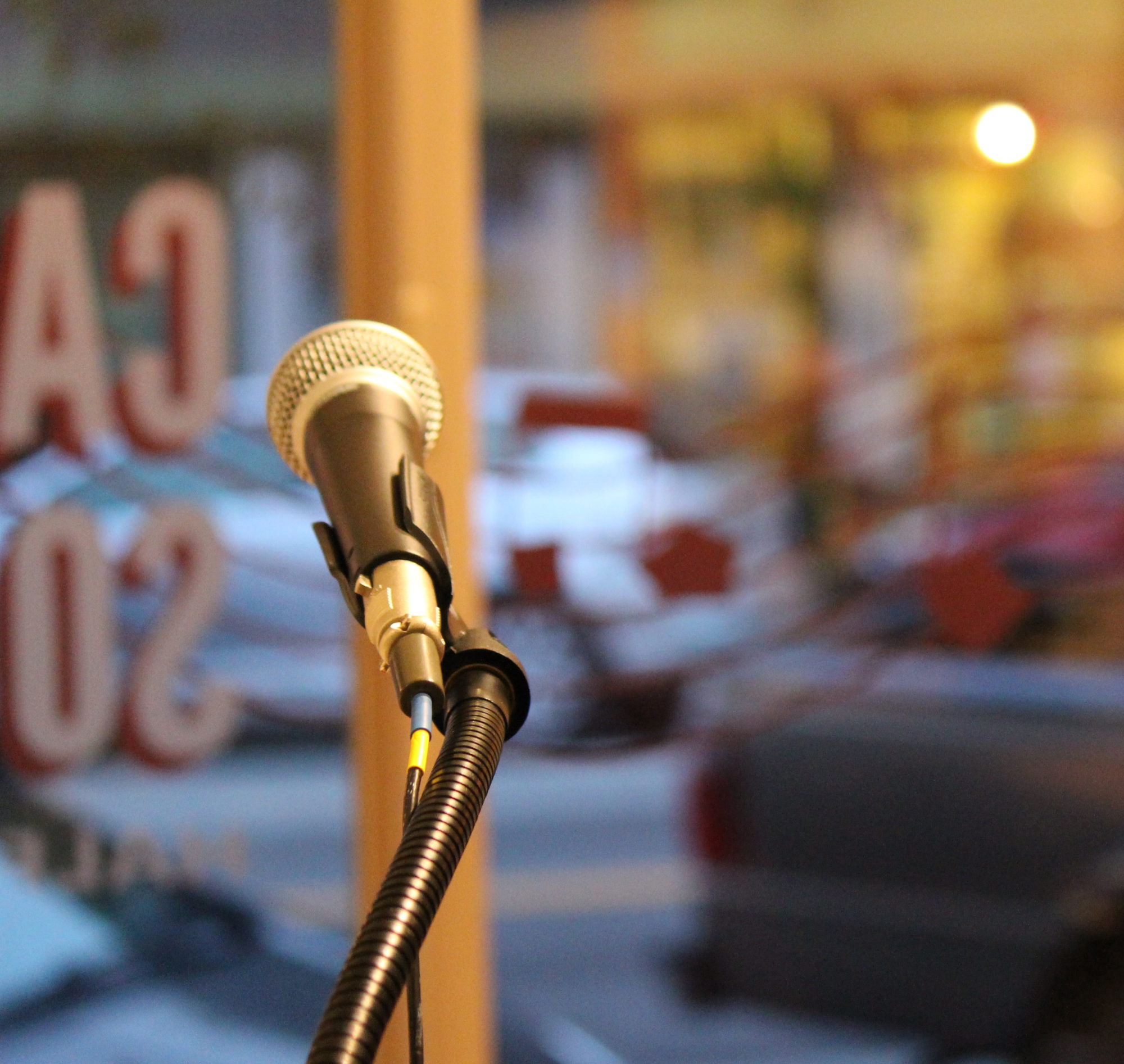Peter Neil Carroll

Something is Bound to Break (Author Website)
Peter Neil Carroll, author of Something is Bound to Break, lives in Belmont with
writer/photographer Jeannette Ferrary. He has published over twenty books, including five previous collections of poetry: An Elegy for Lovers (Main Street Rag, 2017); The Truth Lies on
Earth; Fracking Dakota: Poems for a Wounded Land; A Child Turns Back to Wave: Poetry of Lost Places which won the Prize Americana; and Riverborne: A Mississippi Requiem. His poetry has appeared in many journals and online. He is author of the memoir, Keeping Time: Memory,
Nostalgia & the Art of History. He is currently Poetry Moderator for Portside.org.
Brass
The obituary of a high school classmate,
a name I don’t quite recall lures me
to the yearbook where a photograph
verifies my failure of memory. What
I do remember: isolation, boredom,
nausea so bitter I can’t persuade
myself to attend reunions. But as
one obit leads to another—
Sheila eulogizing Rochelle, my
oldest friend—I find the obituary
of the trumpet player who shared
my music and menthol cigarettes,
who joined me at Birdland to dig
Dizzy and Miles. Hard to believe.
Made of brass we were, a pair
of showoffs. His career sizzled
as mine soured. I see it’s over.
He got what we both wanted, what
we played for. No need for envy
or brag between us. Too late
to wonder what I might have become.
I take out my horn one more time,
shocked by how awful I sound.
I asked an old man once if the death
of a friend made him feel worse
or better. He frowned, deep in thought,
chortled. Well, he said. Here I am.
The CEO Speaks
When the customs officer at Newark
pulled me aside to ask what I do, I told him
I’m a poet. You write jingles? he replied.
Luckily, I live with a sensible woman who
has a real job at a Silicon Valley company
producing high-tech heat-shrinkable plastics.
She brings me to my first corporate Christmas
party, not-quite bald men clutching drinks
and blond-dyed secretaries sniffing champagne.
Already the big shots are working out whom
to bed when the party runs dry, before they
retreat to their wives raising virtual children.
Unsure of my welcome, I keep to the edges, mind
my business, which is to say take mental notes
for a poem I will write someday on male privilege
until one of the suits notices me standing alone,
approaches with a handshake. Quickly I explain
my ticket of admission and he scans the room
to find the woman I live with. She’s from Brooklyn,
he tells me, as if I didn’t know, which is his own
home town and goes on to relate his rags-to-riches
spiel. He is affable. I take a chance and ask what
he does. He smiles, he winks, enjoying the question,
concedes he’s CEO of this Fortune 500 business.
What about you, he gets around to asking, amused
as if he knows the answer. A poet I admit. His eyes
narrow, measuring carefully. That’s what’s great
about America, he says, invoking his wisdom, you
can be anything you want—an opera singer, an artist,
a poet—as long as you don’t expect to be paid for it.
